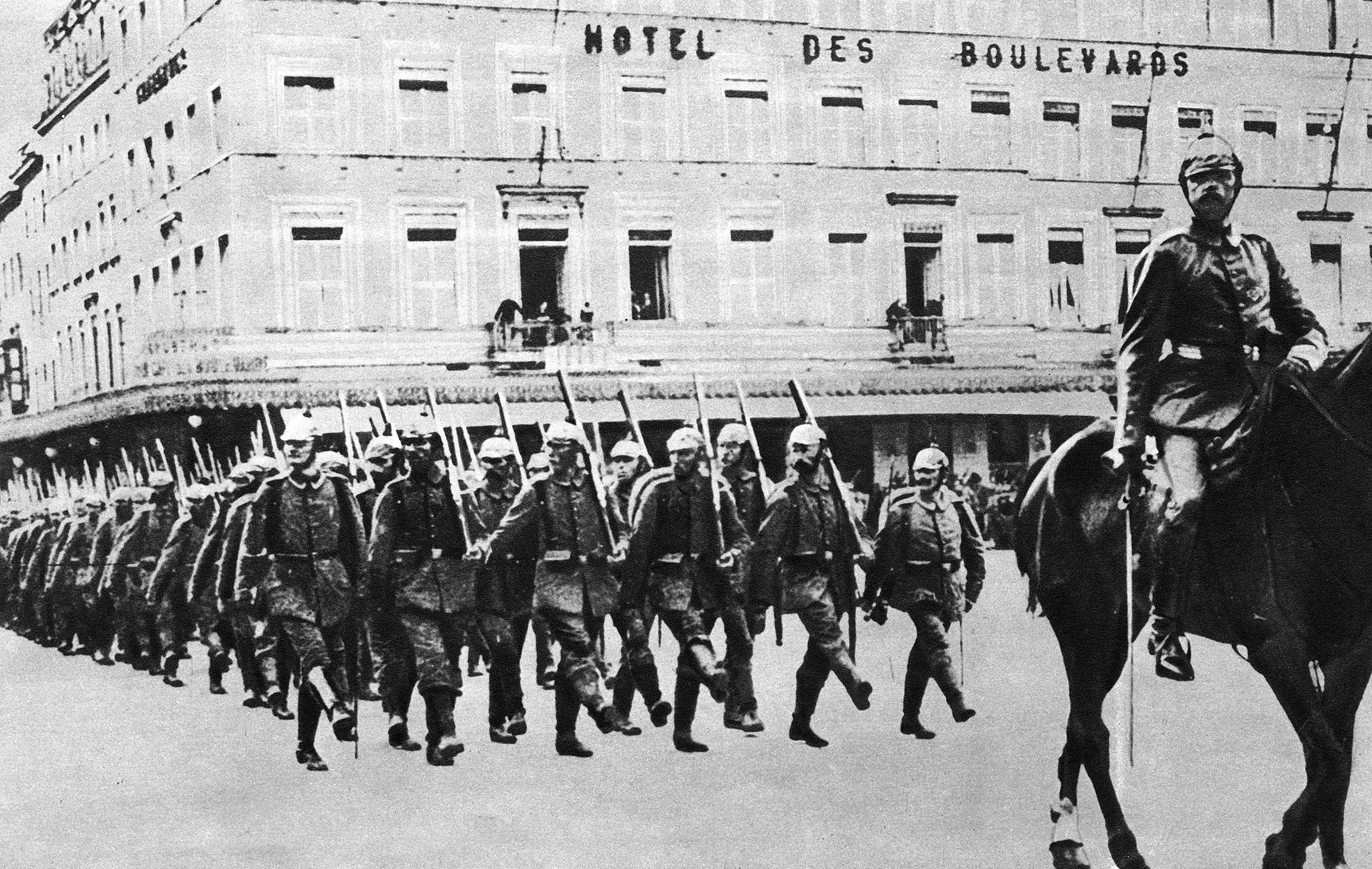
After the initial shock of the assassination of Archduke Franz Ferdinand, heir to the throne of Austria-Hungary, on 28 June 1914, Europe remained strangely calm for several weeks. Yet from 23 July, when Austria-Hungary sent an ultimatum to Serbia, events moved rapidly towards a major European war. By 1 August, Austrian troops had invaded Serbia, Russia had mobilised against Austria-Hungary, Germany had declared war on Russia and France was mobilising against Germany. A general European war, on a scale not seen since 1815, had begun.
There remained considerable uncertainty within the British government about whether Britain should get involved in the war. During the previous decade, Anglo-German tensions had increased and Britain had signed the Entente Cordiale (‘friendly understanding’) with France and a similar agreement with Russia. Yet still no military alliance existed between Britain and these countries.
Your organisation does not have access to this article.
Sign up today to give your students the edge they need to achieve their best grades with subject expertise
Subscribe




